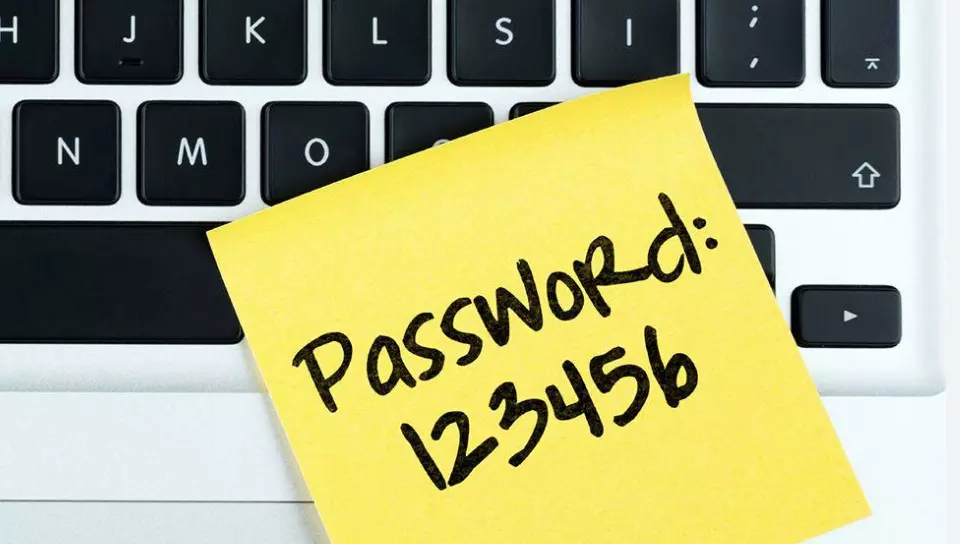Top 25 passwords you should never use online: Report
Top 25 passwords you should never use online: Report

The notorious "123456" continues to hold the title of the world's worst password, repeatedly ranking as the most commonly used password in four out of five instances.
Despite the alarming rise in online fraud, many users still fail to protect their online accounts with strong, alphanumeric passwords, a basic yet crucial step in ensuring cybersecurity. The complexity of strong passwords often deters users due to their difficulty in memorization.
A recent report sheds light on the top 25 most commonly used passwords that should be avoided for online security.
Even those who attempt to create robust passwords often make the mistake of using the same or slightly varied versions across multiple accounts, significantly compromising their security.
Commonly Used Passwords to Avoid
A study by NordPass revealed that "123456" consistently remains the most commonly used password, ranking as the worst password in four out of five instances. Another frequent offender is the unimaginative "Password."
While password security measures have advanced with technology, malware attacks continue to pose a serious threat to account security.
The study, conducted in collaboration with independent cybersecurity researchers, identifies the top 25 most commonly used passwords that should be avoided:
123456
admin
12345678
123456789
1234
12345
password
123
Aa123456
12345678901
UNKNOWN
1234567
123123
111111
Password
12345678910
000000
admin123
user
1111
P@ssw0rd
root
654321
qwerty
Password Safety Tips
To enhance your online security, follow these password safety rules:
Ensure your password is at least 20 characters long, combining uppercase and lowercase letters, numbers, and special symbols. Avoid using easily guessable details like birthdays, names, or common words.
Employing longer passwords can discourage hackers looking for quick wins.
Regularly review the strength of your passwords. Identify weak, outdated, or reused passwords, and replace them with new, complex ones.
Never reuse passwords across different platforms. If one account is compromised, all your other accounts are at risk.
Refrain from sharing your passwords with anyone or transmitting them through social platforms like WhatsApp or Facebook to maintain your security.
By adhering to these guidelines, you can significantly reduce the risk of your accounts being compromised. Stay vigilant and prioritize password security to protect your online presence.

